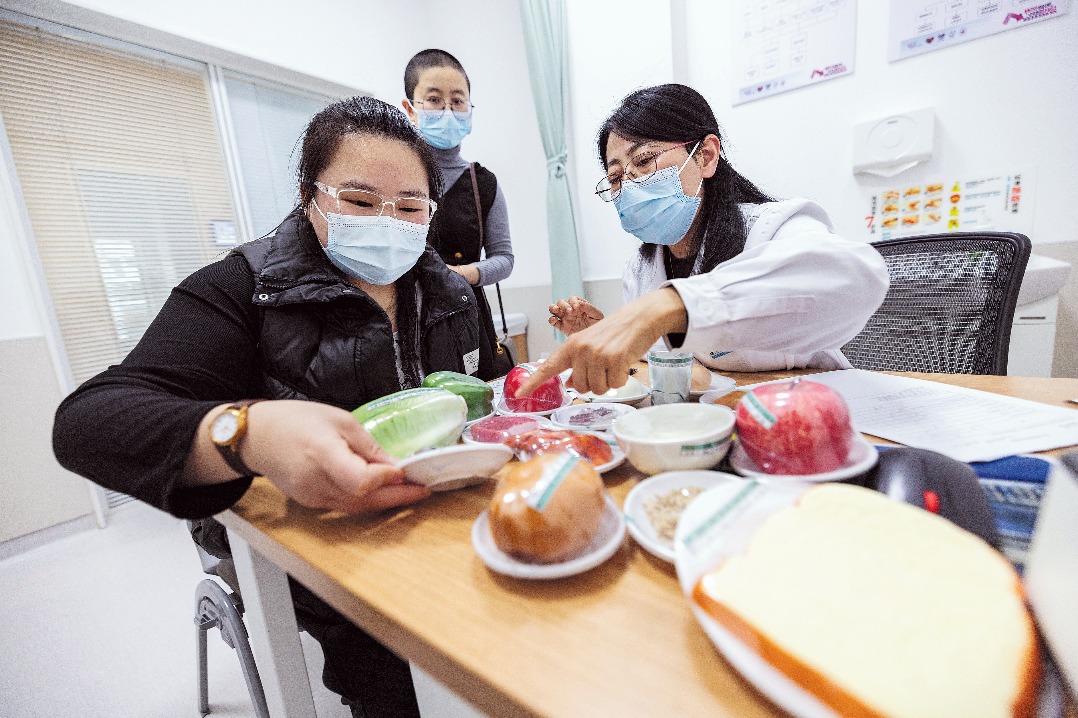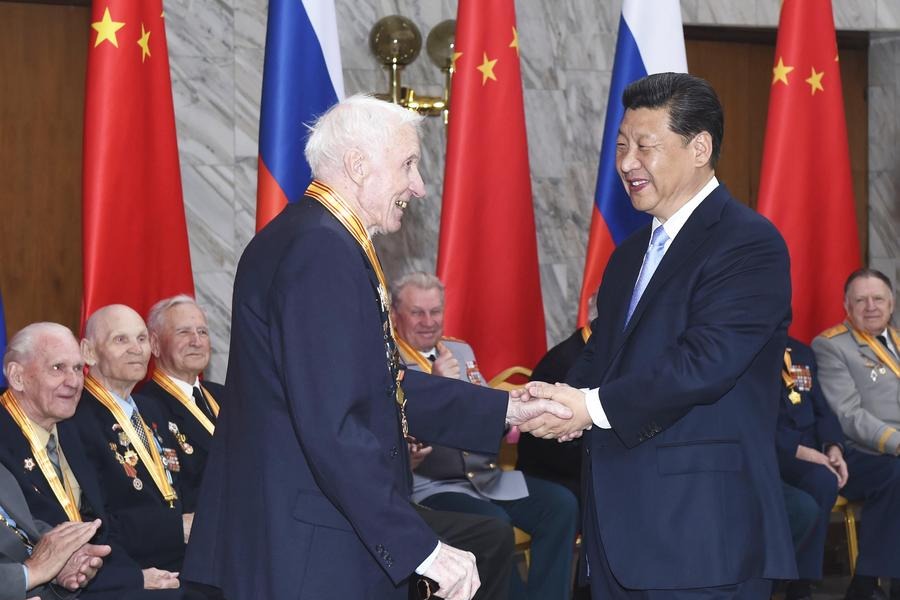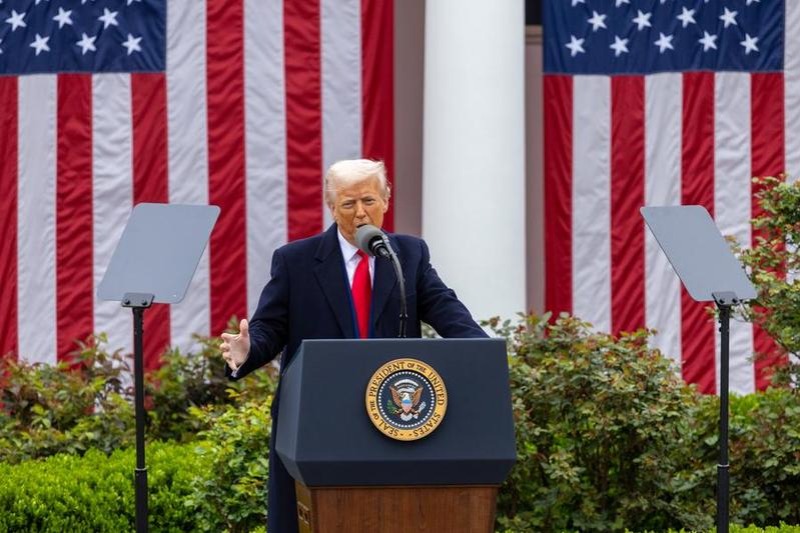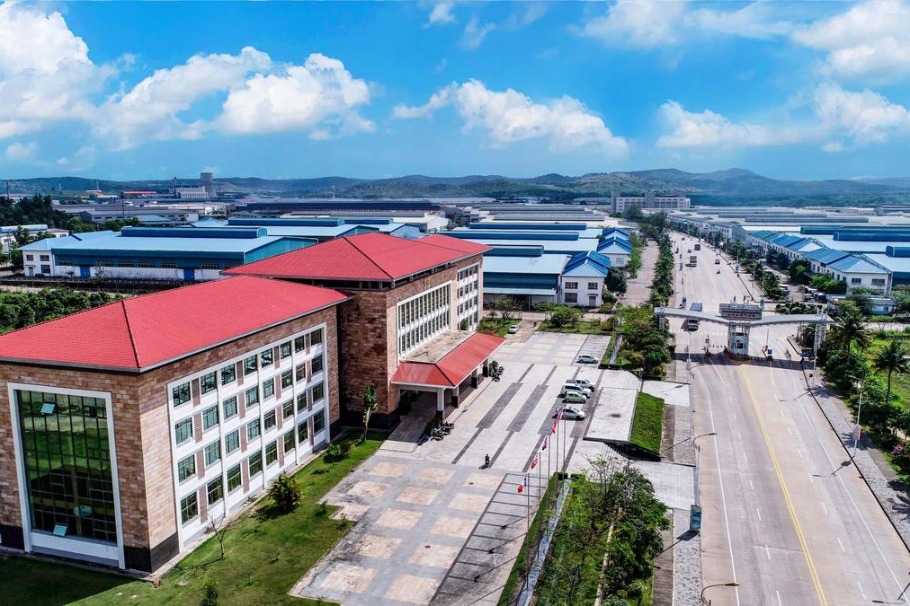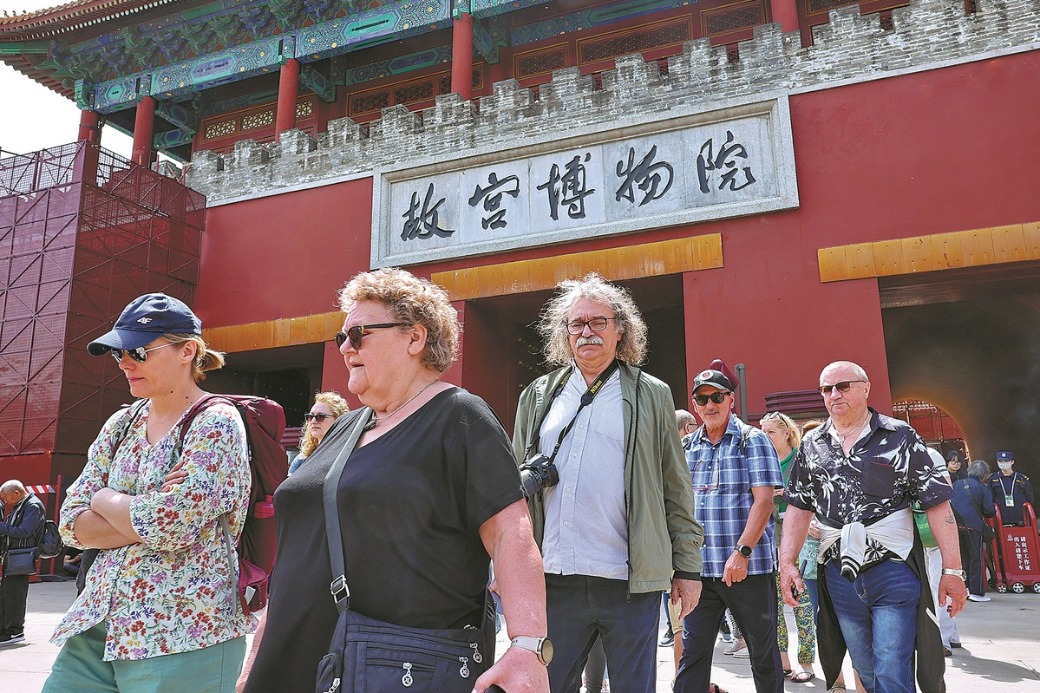Further promoting Sinicization of Marxism


In his speech to mark the 100th anniversary of the founding of the Communist Party of China on July 1, Xi Jinping, general secretary of the CPC Central Committee, said: "At the fundamental level, the capability of our Party and the strengths of socialism with Chinese characteristics are attributable to the fact that Marxism works."
Marxism is the fundamental guiding thought that led to the founding of the CPC in 1921 and New China in 1949. It is the soul and banner of the CPC. And the CPC's 100-year history is the history of how Marxism has been localized in China, the history of how the Chinese people have developed and practiced Marxism.
The world is undergoing profound changes with the international situation becoming increasingly complicated, the world economy slowing down, trade protectionism rising, and economic globalization facing even more serious challenges.
At home, China's principal contradiction has evolved from one between the ever-growing material and cultural needs of the people and backward social production to that between "unbalanced and inadequate development and the people's ever-growing needs for a better life" while the Chinese people move toward realizing national rejuvenation.
At this important juncture of strategic opportunities, the Party needs to effectively manage both domestic and international imperatives. It should start by taking measures to resolve Chinese society's principal contradiction, and promoting the Sinicization of Marxism with a clear understanding of the complicated and changing international environment.
First, the Party should adapt the basic principles of Marxism to China's reality. Marxism is the system of socialism with a scientific world outlook. It is a practical and open philosophy, and has been sinicized and meticulously put into practice in China.
"Shooting the arrow at the target" is how Chairman Mao Zedong described the process to localize Marxism. China could not have won victory in the new democratic revolution without the adaptation of Marxism to the Chinese context.
As for Deng Xiaoping, he emphasized that: "We firmly believe in Marxism, but Marxism must be combined with Chinese realities. Only Marxism that is integrated with China's realities is the genuine Marxism we need." Since the launch of reform and opening-up in the late 1970s, Deng Xiaoping Theory had been the guiding principle of integrating Marxism with China's practical conditions.
To sinicize Marxism in the new era, as Xi Jinping has said, we should continue to take Marxism as the guide to study the major theoretical and practical problems that confronted China in development and the CPC in governance, and propose the correct train of thought and effective methods to overcome challenges.
The CPC's understanding of the real conditions must be based on China's specific circumstances, and it should always seek truth from facts. Only in this way can the basic principles of Marxism be applied to solve the problems and address the contradictions in the new era.
Second, the basic principles of Marxism and China's fine traditional culture should be integrated. Fine traditional culture corresponds to the inherent values that Marxism advocates, and is fertile ground for the Sinicization of Marxism.
Mao Zedong Thought is a fine example of integrating Marxism principles with fine traditional culture. For example, the term "seeking truth from facts" first appeared in the ancient book History of Han Dynasty, but Mao gave it an ideological meaning by using it in his Marxist theoretical discourse.
Similarly, xiaokang (moderately prosperous) first appeared in The Book of Songs, but Deng endowed it with the meaning of Chinese-type modernization, and thus made it a pivotal term in the development of socialism with Chinese characteristics in the era of reform and opening-up.
And Xi has highlighted the values of being people-focused, maintaining integrity, upholding justice and harmony, and seeking unity to further integrate fine traditional culture with Marxist values and thoughts.
Only by grasping the quintessence of fine traditional culture and ensuring the continuous development of Chinese society can the CPC expedite the integration of the principles of Marxism with fine traditional culture and localization of Marxism.
Third, the Party should continue to observe and lead the new era while adhering to Marxism, as it has led the Chinese people to win one victory after another-from the Chinese revolution and construction to reform and opening-up-while using Marxism to see and grasp the trend of the times.
Since the 18th CPC National Congress, the Party with Xi at the core has accurately judged the era and its development trend, establishing Xi Jinping Thought on Socialism with Chinese Characteristics for a New Era. In fact, in its resolution, the recent Sixth Plenary Session of the 19th CPC Central Committee described Xi's thought as the Marxism of contemporary China and the 21st century, while stressing that it embodies the best of the Chinese culture and ethos in our times and represents a new breakthrough in adapting Marxism to the Chinese context.
The reason Xi's thought has been described as Marxism of contemporary China is that it analyzes the country's position in the new era, proposes a series of theories needed to put China on a new road to socialist modernization, and offers a new outlook on civilization, development, governance and security.
And at this new historical starting point, the Party should fully implement Xi's thought, and observe, understand and lead the new era while adhering to Marxism.
The views don't necessarily represent those of China Daily.
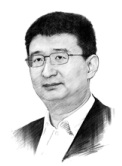

If you have a specific expertise, or would like to share your thought about our stories, then send us your writings at opinion@chinadaily.com.cn, and comment@chinadaily.com.cn.


















